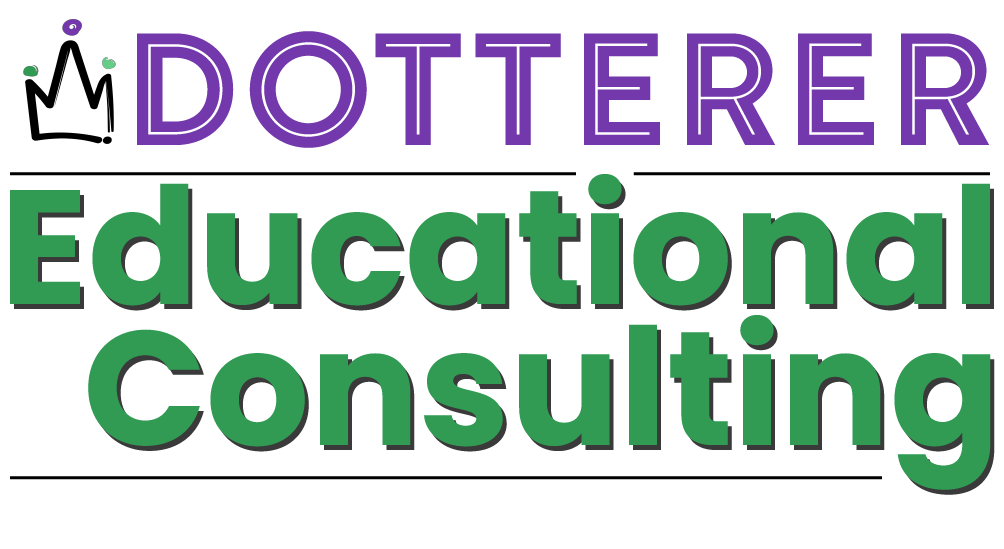Last week, I mentioned two students, Brian and Tanisha. Tanisha has a crush on Brian. Is it reciprocal?
Brian, a former recipient of OT services, is distracted in class. His scores in old evaluation reports indicated that his IQ is average. His Processing Speed is a Standard Score of 83, and his Working Memory is 80. OT discharge notes stated that he had legible handwriting. He self-generated a five-sentence paragraph containing approximately 25 words. Although he was fatigued with writing, his speed to complete his work was slightly longer than most of his class. He took his tests in the learning support room and received extra time. His assignments were not modified.
Upon entering 5th grade, a new school building in the same district, he took tests in the guidance counselor’s office and was given extra time to complete work. The coursework was not modified.
As the educational consultant in the school district, I knew of Brian. He tried hard but seemed to be the frustration of many teachers.
As I reviewed his profile, the visceral response inside me began to boil. This student is flying under the radar. He is struggling to succeed and is working so hard to meet expectations but is losing the battle. Academically, his scores indicate that his vocabulary is similar to when he was in fourth grade. But what happened in fifth and sixth grades? His 504 only indicates extra time and tests taken in a quiet location.
This student needs a complete reevaluation, including the school psychologist, speech therapist, and occupational therapist. Psychology should compare previous scores with those in which the Standard Scores are beginning to slip. Whether they are in the average range or not, they need to find out where the gap in his educational ability is. Is there an underlying cause? Speech therapy should examine his pragmatics. Why has his vocabulary begun slipping? Occupational therapy needs to discover underlying sensory processing, visual-spatial or motor issues, fatigue issues, and the impact of written expression on social skills.
As a teacher, therapist, or school administrator, you are most likely about to punch me in the face. More work, no way.
My response, understanding dysgraphia is essential to student success. Many underlying dysgraphia issues can be thwarted in the regular education classroom. Dysgraphia education of Pre-K, Kindergarten, and first-grade teachers can eliminate the need for skilled occupational therapy services using simple whole classroom techniques. I share these techniques in Dotterer Dysgraphia Method. Certify your teaching staff today!

